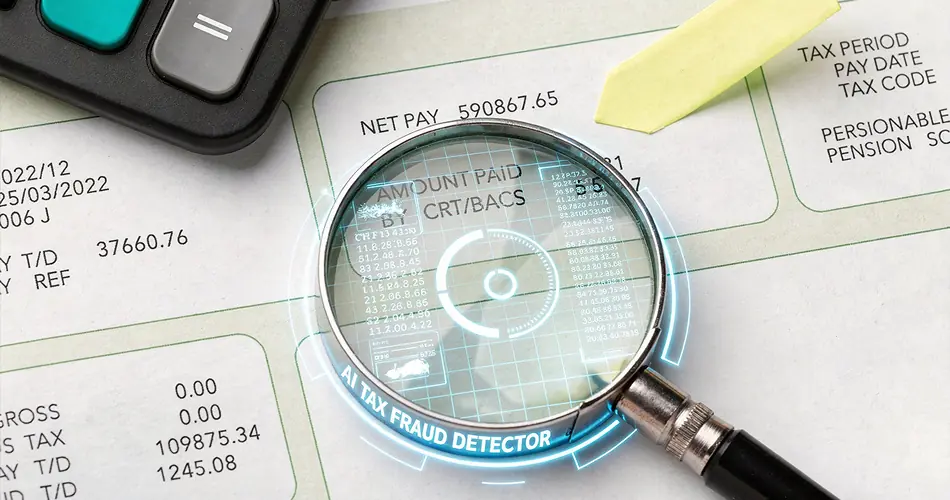Key takeaways
- Electronic archiving is a cornerstone of digital evidence, but until now it has suffered from the absence of a clear legal definition, creating legal uncertainty.
- eIDAS v2 introduces, for the first time, an electronic archiving trust service that is legally recognised and interoperable at European level.
- Qualified electronic archiving ensures the long-term preservation, readability, integrity, confidentiality and proof of origin of documents throughout their retention period.
- Documents stored within a qualified service benefit from a presumption of integrity and origin, significantly strengthening their evidential value before the courts.
- eIDAS v2 harmonises archiving practices across Europe and represents a major advance in legal certainty for businesses and cross-border groups.
Electronic archiving and proof
An electronic archiving service, like traditional physical archiving services, must ensure that the documents stored within its system provide the same level of guarantee and evidential reliability than for paper documents. For legal professionals, the primary concern is ensuring that documents are neither destroyed nor altered, which, in the digital world, means preserving their integrity throughout the document’s lifecycle. IN france, for examle, this fundamental requirement is outlined in the Civil Code (Art. 1366), stating that “Electronic writing has the same evidentiary value as paper writing, provided (i) the author can be duly identified, (ii) the document is created and maintained in conditions ensuring its integrity.”
Beyond guaranteeing integrity, the reliability of an electronic archiving service depends on numerous technical and organisational conditions. These conditions are subject to an international consensus representing the “state of the art,” reflected in various technical standards recognised nationally or regionally. However, from a legal perspective, the reliable preservation of private documents is rarely addressed explicitly in national laws.
Definition of electronic archiving as a trust service
The first version of the eIDAS Regulation, published on 23 July 2014, established the foundation for initial European trust services. These services have achieved varying success, with the most prominent being electronic signatures, electronic seals, and timestamping. Electronic archiving was not mentioned in eIDAS V1.
The final text of eIDAS V2 was published on 20th of May 2024 by the European Commission. Its provisions on digital identity, notably the forthcoming European “wallet”, have attracted considerable attention, almost overshadowing its establishment of the new trust service of electronic archiving. However, this new service carries dual significance for European law.
Firstly, due to the absence of a legal definition, the juridical value of electronic archiving systems was uncertain. Indeed, several standards serve as recognised references. It France it is the AFNOR NF Z 42 013 (linked to certification NF 461) and AFNOR NF Z 42 026 related to digitisation; in the UK, the BS ISO 15489-1:2016 standard. Yet, should a system of electronic archiving be deemed unreliable merely because it does not comply with these standards? Clearly not, but without a legal framework, lawyers find it challenging to defend archiving systems that lack reference to these established norms.
Secondly, conformity requirements for electronic archiving services vary significantly across Europe. For example, although AFNOR Z 42 013 has a corresponding ISO reference (14641-1), it is far from being the sole standard among our European neighbours regarding technical and security practices for electronic archiving. Such disparities present difficulties for organisations operating across multiple European countries, as implementing a centralised archiving system effective in all jurisdictions proves challenging.
Consequently, although there might be a delay between the publication of eIDAS V2 and the availability of qualified archiving services, its introduction into European legislation already constitutes an important advance in the legal and judicial security of digital evidence.
Presentation of the eIDAS V2 electronic archiving service
Legal definitions of electronic archiving service and qualified electronic archiving service
The eIDAS V2 Regulation introduces two new definitions: electronic archiving and qualified electronic archiving.
Electronic archiving describes a service responsible for receiving, storing, retrieving, and deleting electronic data or documents to ensure their longevity and readability, while preserving their integrity, confidentiality, and evidence of origin throughout their retention period(1).
When qualified, an electronic archiving service must meet the following conditions:
- Be provided by a qualified trust service provider;
- Utilise procedures and technologies ensuring longevity and readability beyond technological obsolescence, for at least the legal or contractual retention period, while preserving integrity and origin;
- Guarantee that preservation methods protect electronic data from loss or alteration, except when necessitated by media or format migrations;
- Provide authorised parties with an automatic report confirming that electronic data extracted from a qualified archiving service benefits from a presumption of integrity from archival to retrieval. This report must be reliably and effectively provided and carry the qualified electronic signature or seal of the archiving service provider.
Electronic archiving is now officially recognised as a trust service under eIDAS and follows the same principles as other qualified trust services established by the regulation:
- A archiving service that was qualified in one Member State is automatically recognised as qualified across all Member States (cf interoperability of qualified services).
- Electronic documents stored in a qualified archiving service are presumed integral and authentic for their entire retention period.
Finally, the eIDAS V2 regulation clarifies that national legislation on public or national archives is unaffected, allowing existing local provisions to continue.
Eligible documents: native electronic documents – reliable copies of digitised paper documents
The eIDAS V2 regulation states that both native electronic documents and digitised paper documents may benefit from the electronic archiving service. Thus, once a digitised document is entered into a qualified archiving system, it should reasonably benefit from the presumption of integrity provided by the eIDAS V2 regulation.
Media and format migrations
Documents retained over extended periods might experience media or format obsolescence. eIDAS V2 explicitly permits media or format migrations, provided that any risk of loss or alteration is entirely eliminated, thereby ensuring the integrity of the information is preserved (2).
Documents secured by qualified electronic signature or seal
For documents bearing a qualified electronic signature or seal, the archiving service must provide means to extend their reliability throughout the retention period. (2)
Normative framework
Qualified archiving services must conform to a normative framework specifying the general functional requirements established by eIDAS V2. Within 12 months following the Regulation’s publication, the Commission will list reference standards through implementation acts. Each national supervisory authority (ANSSI in France, NSCS in the UK) will then certify services against these standards for qualification. France, with its AFNOR/ISO standards, is well-positioned, though outcomes will depend on European-level negotiations, hopefully swiftly concluding to enable rapid implementation of the eagerly anticipated qualified electronic archiving service.
[1] Art3, point 47 eIDASv2
[2] Art.33 eIDAS V2
Disclaimer
The opinions, presentations, figures and estimates set forth on the website including in the blog are for informational purposes only and should not be construed as legal advice. For legal advice you should contact a legal professional in your jurisdiction.
The use of any content on this website, including in this blog, for any commercial purposes, including resale, is prohibited, unless permission is first obtained from Evidency. Request for permission should state the purpose and the extent of the reproduction. For non-commercial purposes, all material in this publication may be freely quoted or reprinted, but acknowledgement is required, together with a link to this website.




